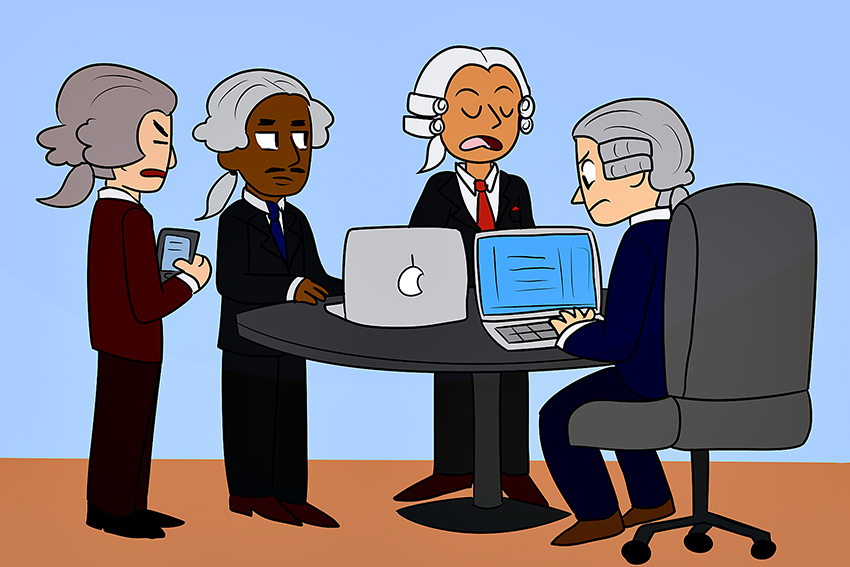On Jan. 8, Greg Abbott gave a speech outlining his nine-step plan for “Restoring the Rule of Law,” calling for a constitutional power shift from the federal to state level. In doing so, he joins the 27 states who have approved similar motions in their respective states. If only seven more join them, Congress will have to call a modern-day constitutional convention — the first since the constitution’s drafting.
The Texas Plan’s call for increased state power is the antithesis of the constitution’s intent. The Constitution as we know it today replaced the weaker Articles of Confederation, which emphasized state power. Fundamentally altering the country’s founding document threatens to immortalize the dysfunctional politics of today rather than moving towards productive solutions.
Despite the extreme nature of the proposed changes, the public’s unfavorable attitude towards federal government contextualizes the movement. Public trust in government has reached historic lows, while political polarization is higher than any point in the last two decades. U.S. debt, a main topic of the theoretical convention, is also among the highest it has ever been.
The frustration is most keenly felt among conservatives who feel their voices are being circumvented by federal efforts. We have seen this in states that tried to refuse Syrian immigrants, gay marriage licenses and giving up land.
In his speech, Abbott borrows the words of founding fathers like Madison and Hamilton to extol the virtues of a state-centered government. He uses example after example of 19th century policy to show how America has gone astray, like describing the loss of the Commerce Clause, which gave states autonomy over intra-state trade.
“So if it is so clear, how did we veer so far off course? The short answer is that the limitations inherent in the Commerce Clause became politically inconvenient,” Abbott said. “And all three branches of the federal government — Congress, the President, and the Supreme Court — abandoned the rule of law for the more expedient rule of man.”
In context, the term “politically inconvenient” laments a loss of state autonomy, but it is, ironically, the very motivation of their actions. They find themselves politically inconvenienced by federal laws they know they can do little about, and are now looking to shift the power to protect perceived infringement on states rights.
The major structural revisions to the Constitution currently mooted within the states are by nature a reaction to the current political climate. The weight of current political issues and public disillusionment demand strong response, but systemic constitutional changes would be both overkill and historical regression.
“Using Gov. Abbott’s recent call for a convention to adopt states’ rights constitutional changes as instructive,” said Gary Jacobsohn, constitutional and comparative law professor. “We can see that the political winds today would be most likely to carry us back to an Articles-like constitutional settlement. The result would be an emasculated national government.”
Trying to change the structure of the U.S. government itself is not the best use of the immense political and economic capital needed to get such a convention up and running. Instead, states should focus on getting their national representatives and party leaders to simply focus on their constituents and inter-party cooperation. After all, there’s nothing like the threat of a state-led government to get your national representatives to shape up.
Our Constitution was drafted with the express purposes of giving our nation the power and structure it lacked. Is our best fix for our current frustrations really to overturn 200 years of national identity?
Hallas is a Plan II freshman from Allen. Follow her on Twitter @LauraHallas.





















